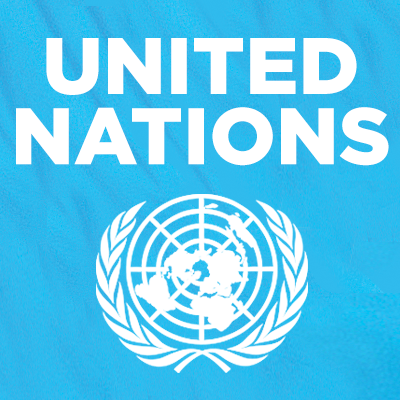The UN has warned that without stronger global support, 48 of the world’s most vulnerable countries will lose ground in economic development and face increasing levels of poverty.
The UN Conference on Trade and Development (UNCTAD) issued the warning in its latest report: “The Least Developed Countries Report 2016: The Path to Graduation and Beyond – Making the Most of the Process”.
The UN agency underscored the need for more action from the international community to help these countries progress.
UNCTAD noted that the international community pledged to ‘leave no one behind’ with the adoption of the 2030 Agenda.
“These are the countries where the global battle for poverty eradication will be won or lost,” UNCTAD Secretary-General Mukhisa Kituyi, said.
Kituyi stressed that in 2016, the global community pledged to ‘leave no one behind’ – the rallying call at the heart of the 2030 Agenda and its Sustainable Development Goals (SDGs).
“But that is exactly what is happening to the least developed countries.
“The proportion of the global poor in those countries has more than doubled since 1990, to well over 40 per cent.
“They also currently account for the 1.1 billion people worldwide who do not have access to electricity – an increase of two thirds.
“Many of these countries are stuck in poverty, where the only way out is with finance, trade and technology support,” he said.
According to him, countries can also graduate from the category if they meet a certain economic and social criteria.
He, however, said, for many of the countries, the goal remains out of reach.
In addition, in order to achieve a long-term development, each country needs to take more than one step, he said.
He added that countries also require what the Report calls “graduation with momentum”, a process of structural change to increase the productivity of their economies, criteria which many graduated countries will not meet.
“Graduation is not the winning post of a race to escape from the least developed country category.
“It is the first milestone in the marathon of sustainable long-term development,” Kituyi said, adding that ‘how’ is just as important as ‘when’ in terms of graduation.
The Report actively targeted the issue of insufficient international support that least developed countries receive to fulfil their developmental needs.
The report suggested a few measures that can be taken, such as faster progress towards 100 per cent duty-free and quota-free access for least developed country exports to developed country markets.
It also suggested renewed efforts to break the stalemate on special and differential treatment for the countries in World Trade Organisation negotiations.
It added improved monitoring of technology transfer to, and fulfilment by donors of their long-standing commitments to provide 0.15 to 0.20 per cent of their national income for assistance to the least developed countries.
According to him, the donors should make aid more stable and predictable, and to align it more closely with national development strategies. (NAN)


